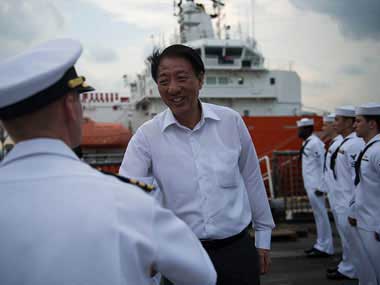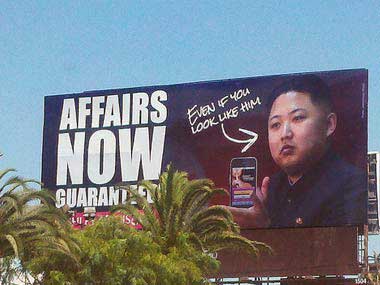According to statistics, Singapore's main airport, Changi, welcomed over 51 million passengers through its doors last year. As the hub for a variety of major airlines, including Jetstar Asia Airways, SilkAir, Singapore Airlines, Tigerair, Valuair and Scoot, Changi is currently the second busiest airport in the Asian continent; indeed, it ranks as seventh most-visited airport anywhere on the globe.
Changi's three passenger terminals have a total handling capacity of 66 million, which is welcome news for the airport's management teams since last year's passenger figures were 10% up on the previous year. In addition to the phenomenal amounts of air travelers using Changi, it is also one of the world's busiest cargo hubs, handling 1.8 million tonnes last year.
For such a bustling airport, attention to customer service has always been paramount. Changi has won an incredible 430+ awards since opening in 1981, including no fewer than 30 ‘Best Airport' awards in 2012. But the good news for the vast numbers of passengers who continue to use this airport is that complacency is never on the agenda. Despite all the accolades, the management at Changi remain determined to out-do previous achievements. Upgrades to the airport are an ongoing task, whether to improve existing facilities or to build new ones which are even more customer-friendly.
To this end, the airport launched a feedback system three years ago. This was aimed at allowing customers to gauge the airport's performance in a number of key areas. Visitors completing the feedback forms were asked to rate staff and facilities. In addition, a real-time inspection system was launched, with a view to monitoring any potential faults in the airport.
Since the system was launched in 2010, it has been regarded as an unparalleled success. In fact, maintenance costs at the airport have been cut by more than $ 2 million, with response time to repairs slashed by 30%.
The revolutionary E-inspection system allows maintenance workers to report any issues to contractors using smart phones that have been installed with highly-specialized software. In this way they can keep tabs on the progress of any repair simply by referring to a hand-held device. As well as monitoring repairs, the feedback system also allows visitors to rate a diverse cross-section of the airport staff. From immigration officers to counter staff to cleaners, customers can now give constructive feedback on every aspect of Changi's widespread operations.




